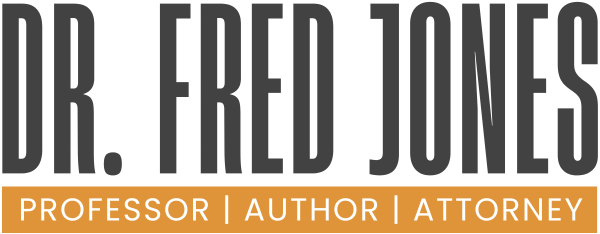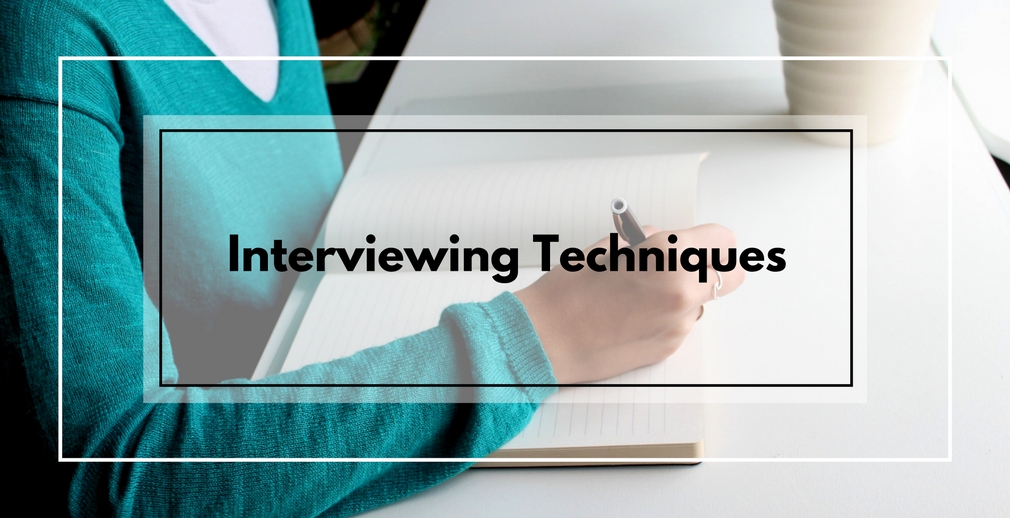Thanks for the Memories Who, Where, and Why? Record if Possible
When writing a family history, a good interview will yield memories and new information. An interview with an expert can give credence to your how-to or self-help book. Good, open-ended questions (those that can’t be answered with a yes or no) are crucial to keep information flowing. In advance, prepare a list of questions and then tailor them to the person that you are interviewing. Try and record your interview on an audio or video device so that you are free from having to write extensive notes. You want to give your full attention to the person that you are interviewing. If possible, conduct the interview in person. If not, write, email, or telephone your list of questions. Keep the first round short. Ask the most crucial questions first, in case the person tires of the process.
Ask specific questions: tell me everything you know usually yields an empty interview. Jog a person’s memory with photographs, stories that you’ve heard that might or might not be true, or try tying your questions to a specific. How old were you when that happened? Were you living in Ohio at that time? Was it during winter or summer? On Christmas or near Thanksgiving?
Your relatives and others who knew your ancestors may remember important events and dates that have not been recorded. They may have family heirlooms, records, mementos, photographs, and other items that contain family history information. Hopefully, when you finish an interview, you will be directed to others that you can contact for more information. Send family history forms ahead of the interview or have them ready so you can record the information that you learn.
Sometimes seeing a family tree take shape sparks more information. If you already have information about a family, fill out the forms and take them to the interview so that corrections can be made or information affirmed.
If you are recording, test your equipment before you begin the interview. Have fresh batteries. Microphones can be intimidating so position it where it cannot be seen. Have plenty of time so you do not have to rush your interview, but be aware of not overtiring the person that you are interviewing. Often, setting a time frame ahead of the interview assures the person of when it will end. Get permission to follow up with additional questions and be prepared to do so.
Transcribe the interview and ask the person to read it and make corrections. Ask permission to copy it and share it with other family members. It’s always good when videotaping or recording by audio to have the interviewee give permission to record.
_______________________________________________________________________________________________________

